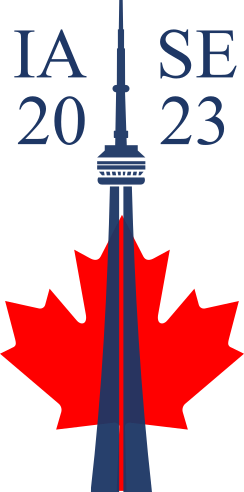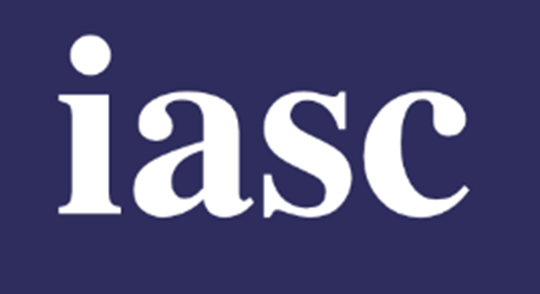Conference Theme
Statistics and Data Science have synergistic goals for analyzing data, and they employ varying approaches to achieve them. These approaches now encompass traditional emphasis on deliberate data collection and formal methods of inference, as well as increased attention on processing large amounts of data, often unstructured, to extract and extrapolate patterns. All of these approaches have become indispensable, and together make up the core knowledge and skills needed for working with data. The conference’s theme is “Fostering Learning of Statistics and Data Science”, and it aims to explore how we can support and sustain student learning given the complexity and evolution of the data landscape. Within the overall theme we will focus on the following topics:
- Topic 1: Fostering Learning in the Current Data Landscape
The nature and complexity of today’s data create important questions about what we teach, when we teach it, and, more importantly, how we teach it, in order to develop in our students the skills and values they need to effectively engage with data. This topic will explore datacentric, problem-based approaches to enhance learning in this context.
- Topic 2: Cultivating Probabilistic Thinking for Data Analysis
Probability Theory is the principal framework for reasoning about uncertainty, variability, and risk, forming the bedrock of Statistics. Despite the successes of algorithmic methods, sound probabilistic thinking is essential to data analysis and problem solving. This topic will examine strategies to develop in our students the core probabilistic concepts and competencies necessary for analyzing data.
- Topic 3: Enhancing Statistics and Data Science in Schools
Statistical and Data literacy are recognized as crucial, universal skills for our increasingly information-rich world, and there are global efforts underway to bring Statistics and Data Science to schools. This topic will highlight important initiatives, exchange insights, and identify opportunities for future progress.
- Topic 4: Promoting Inclusion in Statistics and Data Science Education
Most governments and international organizations view education as a public good, but in reality, there are still many financial, cultural, and social barriers to education. This topic will investigate the current state of access to Statistics and Data Science Education and bring forward strategies to promote inclusion.
- Topic 5: Achieving Coding Competencies in Data Science Students
Programming skills are a core competency of a data scientist and many data science courses rely on a specific coding language. However, in developing coding competency in our students, several questions arise. This topic will consider question such as: Should mastering the coding language be the focal learning goal, and to which degree do we want to integrate developing coding competency with developing skills in understanding data? What is a good trade-off between using existing libraries and developing personal code? To what degree do students need to know numerical and statistical algorithms? What is an appropriate coding language to use for sustainable education goals?
Key Dates
- 5 December 2022 - Proposed poster/paper description submission starts
- 30 January 2023 - Deadline to submit proposed poster/paper description
- 24 February 2023 - Notification of paper/poster acceptance
- 1 March 2023 - Paper submission opens
- 30 April 2023 - Paper submissions close for refereed papers
- 31 May 2023 - Paper submissions close for non-refereed papers
- 30 June 2023 - Final submission of revised refereed papers
Papers and Posters
Those authors whose papers or posters have been accepted will receive confirmation by 24 February 2023. They will also be sent email(s) outlining how to upload their paper. If you have not received any of these emails, then please contact the Proceedings Editor (iase2023.satellite.editor@gmail.com).
|
|
|



